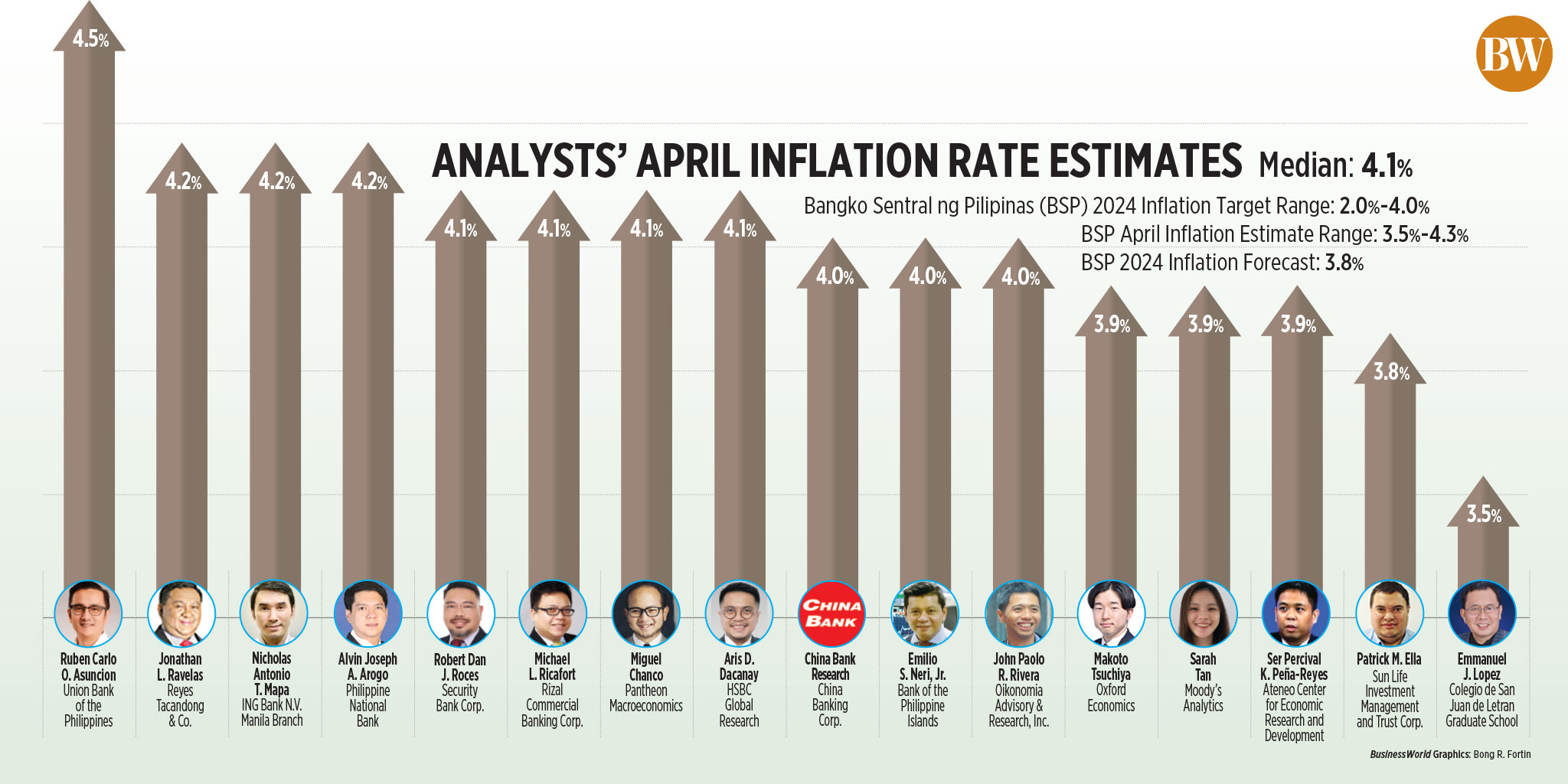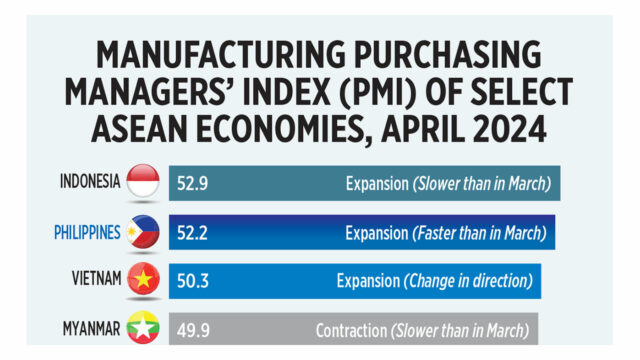More Filipinos tap BNPL services as credit access remains limited
THE USE of buy now, pay later (BNPL) services among Filipinos increased in the first quarter from the previous year amid limited access to credit and lending products, according to a study by TransUnion.
TransUnion’s Consumer Pulse Study showed that among the Filipino respondents who said they have heard of BNPL, which was at 82% of the total, 63% said they made at least one BNPL transaction in the past year, up from 61% in the first quarter of 2023.
The survey was conducted from Feb. 6-14 and covered 977 Filipino consumers aged 18 years and older.
Gen Z’s drove the increase in the use of BNPL services, with 81% being aware of these products and 65% saying they used BNPL in the past 12 months, up from 57% a year prior, which was the biggest increase among all generations.
“Gen Z’s technological literacy and personal financial outlook appeared to contribute to a trend observed with buy now, pay later services — an alternative credit-enabled payment method that allows consumers to immediately finance purchases and pay them back in fixed installments over a relatively short period of time,” TransUnion said.
Easy application was the top reason Gen Zs cited for using BNPL, along with simply wanting to try it (17%), spreading payments over time (11%) and as an alternative to afford a larger purchase (11%).
Meanwhile, 68% of Millennials who claimed awareness of BNPL (86%) said they made at least one BNPL purchase in the period, TransUnion said.
“For many Filipinos, buy now, pay later services offer financial convenience and flexibility by letting them tailor their payment terms to best suit their needs and preferences,” said Weihan Sun, principal of Research and Consulting for Asia Pacific at TransUnion.
“With the noted increase in usage of such services among consumers, especially the younger generation, businesses and other players in the formal financial sector must develop robust underwriting systems to efficiently cater to the expectations of an increasingly digital savvy demographic. This entails striking a delicate balance between capitalizing on the growing opportunities and mitigating potential risks in terms of operational efficiency and delinquency management,” Mr. Sun added.
The study showed that 96% of Filipino respondents see credit as important in achieving their financial goals, TransUnion said. However, only 35% of them said they have sufficient access to credit and lending products, down from 46% in the same period last year, the study showed.
Of the Filipinos surveyed, Gen Z, or those aged 18-26, said they had the least access to credit and lending products at 32%. This was followed by Baby Boomers (30%), Millennials (28%) and Gen X (26%).
Majority or 88% of the survey’s Gen Z Filipino respondents said they carried out online transactions in the first quarter. Meanwhile, 89% of them said they expected their income to increase in the next 12 months.
MONITORING CREDIT, FRAUD
Amid increased online transactions, TransUnion’s study also found that more Filipinos are monitoring their credit, with 70% of the respondents saying checked their credit reports at least monthly, up from 65% last year.
“This uptick reflects a growing awareness of the importance of credit health and its implications on financial opportunities,” it said.
The age group that checked their credit reports the most was Millennials at 75%, followed by Gen Z at 74%, Gen X at 65%, and Baby Boomers at 56%.
The Gen Z respondents who said they did not monitor their credit reports also went down to 14% from 17% at end-2023.
“Over the past year, the percentage of Gen Z Filipinos who said they do not monitor their credit reports fell every quarter — all the way from 29% in Q1 2023,” TransUnion said.
The top reason for Gen Zs checking their credit reports was for protection against fraud at 55%. This was followed by finding ways to improve their credit score (34%) and to learn about possible credit offers (30%).
“Among methods employed by fraudsters, phishing — the deceptive practice of masquerading as a trustworthy entity in e-mails or via websites to steal sensitive information — was the most reported scheme (49%) among Filipinos who said they were targeted with online, e-mail, phone call or text messaging fraud attempts in the last three months,” TransUnion said.
“Other common fraud methods reported were smishing (43%) — similar to phishing but conducted through SMS text messaging — and money or gift card scams — where victims are deceived into sending money or purchasing gift cards under false pretenses (36%),” it added.
Younger generations showed growing awareness of these kinds of financial scams, it said, as Gen Z Filipinos who said they were not aware of being targeted by fraudulent schemes in the last three months dropped to 28% from 37% last year.
“As technology advances, consumers now have access to a variety of payment options that cater to their preferences. Yet, alongside the growth of digital convenience comes the inherent risk of fraud. Although it is encouraging to see the increased ability of younger Filipinos to recognize fraudulent schemes, fraudsters remain relentless in their efforts to adapt and exploit vulnerabilities,” Mr. Sun said.
“These dynamics underscore the critical need for proactive fraud prevention strategies which encompass robust security measures and continuous consumer education by financial institutions. As more members of Gen Z enter the consumer market, implementing multi-layered defenses against fraud while ensuring friction-right customer experiences becomes crucial for the long-term success of all financial institutions in the country,” he added. — A.M.C. Sy














